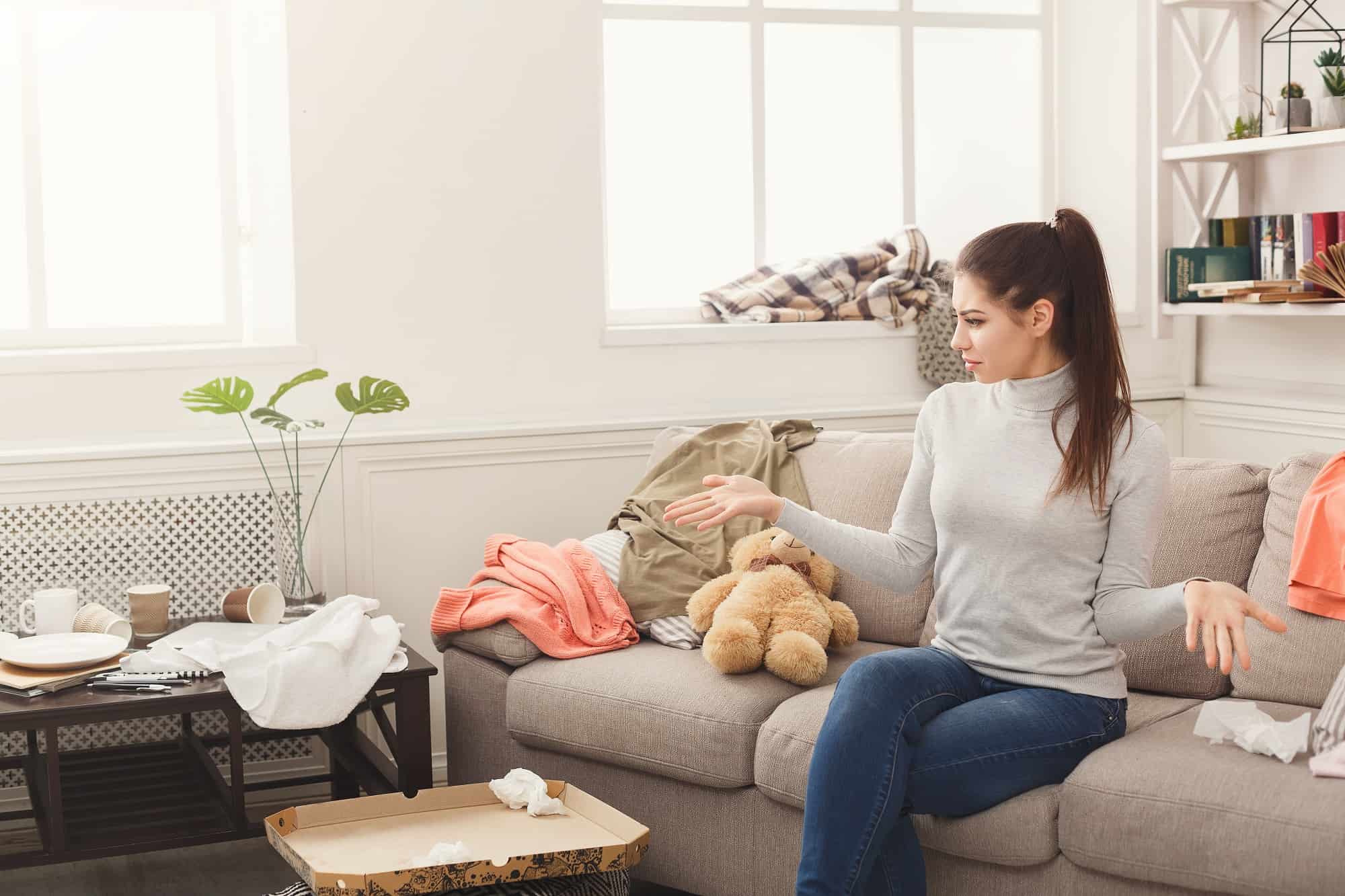Finding the right home is crucial for your emotional well-being. Your home creates a sense of security; it’s where you go after a long day of work and where you spend your time relaxing after a stressful event. Unfortunately, your home can also be a source of emotional turmoil and stress. For example, if you experience trauma in the home, it may never feel the same again.
This is why it’s so important to protect your home so that it may serve as protection for you. Your home should be your safe space; it should not be a source of stress, which is why so many people renovate homes to improve their functionality and eliminate any potential issues. Wondering when your home is so vital to your emotional well-being? Let’s dig deeper.
What is a Home?
Your home is your shelter. Before we had brick and construction workers, humans built their homes out of logs, clay, and other materials to protect us from bad weather and potential predators. While we no longer have to deal with bears, mountain lions, and huge predators in most suburbs, your home has the same purpose. Since the beginning of time, homes have given humans security and safety, no matter the threat. Therefore, you should feel safe and relaxed in your home.
Of course, humans had different types of worries and stressors back in the old days. For example, clutter was probably the last thing on their minds when they had to worry about hunting and foraging for food. However, now that many of our needs are easily met, the home is still a place of physical and emotional security.
How Does a Home Impact Emotional Well-being?
Just because a home is supposed to give you a sense of security doesn’t mean it necessarily will. For example, there’s a reason why you may not feel comfortable sleeping in someone else’s home when you come to visit. Here are a few ways your home can affect your emotional well-being:
-
- Influences your mood: Your home can easily impact your mood. Even an annoying issue like a broken door handle that affects the home’s functionality can impact how you feel throughout the day. However, your home can also enhance and elevate your mood. For example, if you’ve had a stressful day, there’s nothing better than sitting on your couch and letting out a big sigh.
- Impacts your behavior: Your home can impact your behavior. For example, if you’re walking down a messy hall to do laundry, you might get frustrated by tripping on everything from backpacks and toys, causing you to put down your dirty laundry to clean immediately. This can lead to further frustration, causing you to do your chores later than you had planned, potentially adding stress to your day. Even though it may sound minor, taking a few minutes away from your planned chores means working later than you had originally planned, which can impact your emotional health.
- Discourages interactions with guests: An inviting and clean space allows you to entertain guests and family easily. However, if your home is messy, you won’t want to invite others over, which can make you feel isolated.
- Can create or reduce stress: Your home creates and reduces stress; sometimes, it does one more than the other. If you come home from work and want to sit on your couch only to find that your child has spilled milk on it, it will create even more stress. However, if you come home to a clean house and can do exactly what you want, it can reduce stress.
Consider These Three Tips to Use Your Home to Improve Emotional Well-Being:
One – Keep It Clutter Free
Clutter adds stress for many reasons. Clutter creates visual distractions, which can cause overstimulation. A cluttered desk at work can prevent you from being productive, while a cluttered home can make you feel more stressed because it’s just one more thing you have to take care of instead of relaxing. Keeping your home free of clutter can elevate your mood and prevent your home from becoming a source of stress.
Two – Protect It from Negative Personalities
Your home itself does not cause or reduce stress; it’s just a house, apartment, condo, or townhome. However, who you invite into your home can cause stress. For example, if you know your mother-in-law is at home waiting to find new things to bother you about, your home can quickly become a source of stress. In addition, if you know something’s going on inside the home, you may not want to be there.
Let’s face it; many events can cause our homes to become a source of stress, but that’s not the home’s fault. Instead, you must protect your home from toxic energy from others. For example, if having a party causes stress, don’t invite people over anymore. Meanwhile, if having people over can help reduce stress, consider keeping your home clean so people can drop by whenever they want.
Three – Use the Right Colors & Decorations
Designers of all types study color theory and how certain colors impact moods. Certain colors can reduce stress, while others may cause stress. For example, pink and neutral colors can create a sense of calmness, while bright colors like yellow may increase feelings of stress and anxiety. Of course, everyone is different, so the right colors for someone may be the wrong colors for you. If you’re someone who enjoys lighter colors, you can use white, gray, or beige to improve your mood. Meanwhile, consider dark blues or blacks in some spaces if you find darker colors calmer.
In addition to the colors you use on walls and couches, consider the wall art you display and how it makes you feel. You can create your own decorations to ensure you always have a positive emotion when sitting inside your home. Custom art can also make your home feel more like yours, even if you’re a renter.
Your home can relieve or worsen your emotional well-being.
However, it’s not necessarily the home itself that has this effect. Taking care of your home and yourself is crucial if you truly want to improve your emotional well-being. Finding the right colors, removing clutter, and designating it a toxic-free zone can ensure your home always makes you feel safe and secure.
Are you ready to love your life even more?
Snag a free workbook and get inspiration on all the ways to love your life even more.
>>Click Here to Discover Additional Articles on How to Fall in Love with Yourself and Your Life <<









